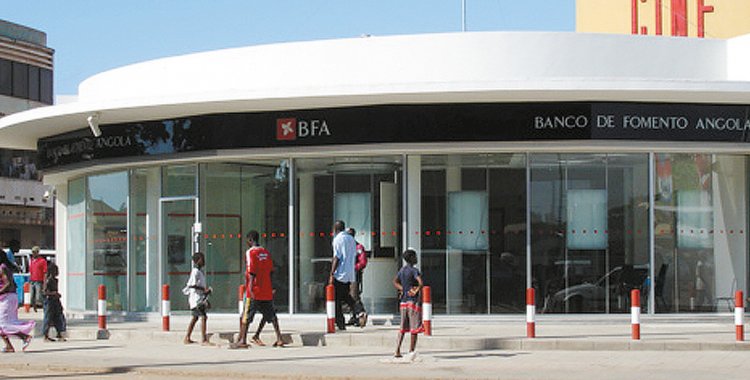Mário Nascimento, who was speaking to Lusa on the sidelines of the XIV FÓRUM BANCA, organized by the weekly Expansão, with the theme "Sophistication and Future of Banking in Angola: New Products and Services", recognized that it is not easy to grant loans in Angola, which justified with issues linked to financial literacy, lack of communication and regulation.
He highlighted that banks have responsibilities not only towards customers, but also towards the regulator and supervisor (Banco Nacional de Angola), with “many requirements” that make the bank responsible in its relationship with the client and in compliance with legislation regarding risk. .
“Today banking law is much more complex, it is not enough to just grant credit, it is necessary to grant it under conditions that guarantee its solvency and its return to the bank, so that its fiduciary mission is also fulfilled”, he highlighted.
Nascimento admitted that, therefore, it is not easy to grant credit in Angola, because customers are unable to meet many of the requirements, in terms of compliance with the tax situation, the risk of operations, etc.
“It is not enough for an entrepreneur to go to a bank and ask for credit, our regulations are so demanding that it is very difficult - it is almost impossible - for a start-up to have bank credit because [the bank] has no relationship with the customer”, Mário Nascimento told Lusa.
Therefore, he argued, the regulation “needs some adjustments”. "We need to have regulations that allow promoters who do not have these conditions, who do not have these requirements, to be able to obtain financing", using other institutions, since financing is not just banking, he stressed.
“We have other intuitions that are probably more appropriate for a given client profile”, he suggested, pointing to the capital market, venture capital funds and private investors as those “who have better conditions from a regulatory point of view to finance via capital to companies".
“Our regulations are very much in line with the best practices of more developed markets”, which do not always adapt to the national reality, he reinforced.
Regarding the banking sector, which has 23 banks, he pointed out that the bankarization rate is around 30 percent, which is why banks must look for customers and position themselves in a different way.
On the contrary, banks are concentrated in the capital and very close in terms of business model, which makes the market more limited, he highlighted, considering that the system needs to be restructured and that banks with more capital are needed to respond to the challenge of diversify the economy.
“The challenges are great, we need restructuring, both from an institutional and market infrastructure point of view and even from a regulatory point of view”, declared the head of Abanc.







